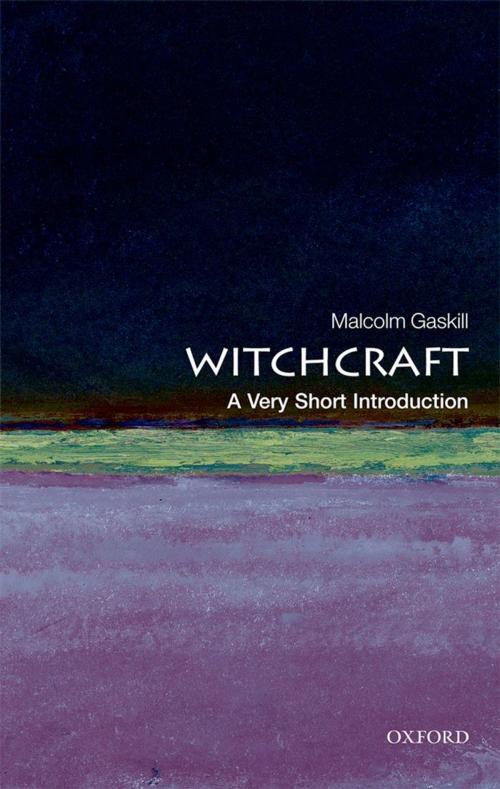Witchcraft: A Very Short Introduction
Nonfiction, Religion & Spirituality, Other Practices, Witchcraft & Wicca, New Age| Author: | Malcolm Gaskill | ISBN: | 9780191613685 |
| Publisher: | OUP Oxford | Publication: | March 25, 2010 |
| Imprint: | OUP Oxford | Language: | English |
| Author: | Malcolm Gaskill |
| ISBN: | 9780191613685 |
| Publisher: | OUP Oxford |
| Publication: | March 25, 2010 |
| Imprint: | OUP Oxford |
| Language: | English |
Witchcraft is a subject that fascinates us all, and everyone knows what a witch is - or do they? From childhood most of us develop a sense of the mysterious, malign person, usually an old woman. Historically, too, we recognize witch-hunting as a feature of pre-modern societies. But why do witches still feature so heavily in our cultures and consciousness? From Halloween to superstitions, and literary references such as Faust and even Harry Potter, witches still feature heavily inour society. In this Very Short Introduction Malcolm Gaskill challenges all of this, and argues that what we think we know is, in fact, wrong.Taking a historical perspective from the ancient world to contemporary paganism, Gaskill reveals how witchcraft has meant different things to different people and that in every age it has raised questions about the distinction between fantasy and reality, faith and proof.Telling stories, delving into court records, and challenging myths, Gaskill examines the witch-hunts of the sixteenth and seventeenth centuries, and explores the reinvention of witchcraft - as history, religion, fiction, and metaphor.
Witchcraft is a subject that fascinates us all, and everyone knows what a witch is - or do they? From childhood most of us develop a sense of the mysterious, malign person, usually an old woman. Historically, too, we recognize witch-hunting as a feature of pre-modern societies. But why do witches still feature so heavily in our cultures and consciousness? From Halloween to superstitions, and literary references such as Faust and even Harry Potter, witches still feature heavily inour society. In this Very Short Introduction Malcolm Gaskill challenges all of this, and argues that what we think we know is, in fact, wrong.Taking a historical perspective from the ancient world to contemporary paganism, Gaskill reveals how witchcraft has meant different things to different people and that in every age it has raised questions about the distinction between fantasy and reality, faith and proof.Telling stories, delving into court records, and challenging myths, Gaskill examines the witch-hunts of the sixteenth and seventeenth centuries, and explores the reinvention of witchcraft - as history, religion, fiction, and metaphor.















